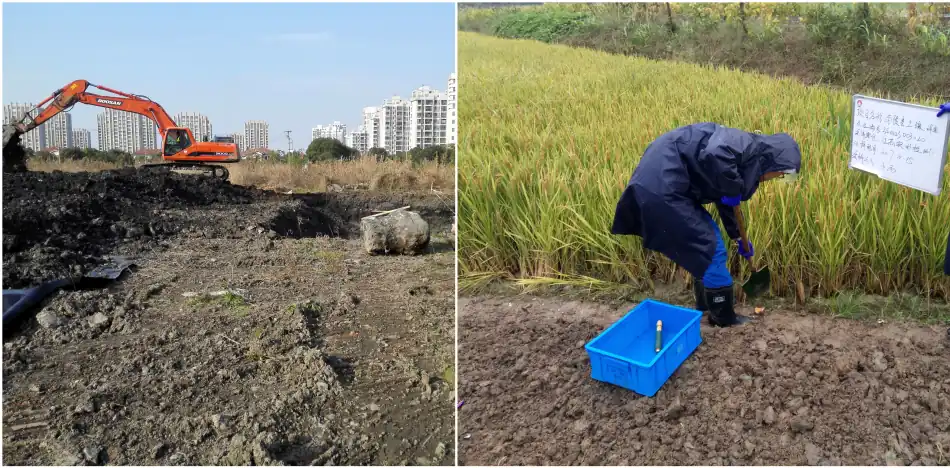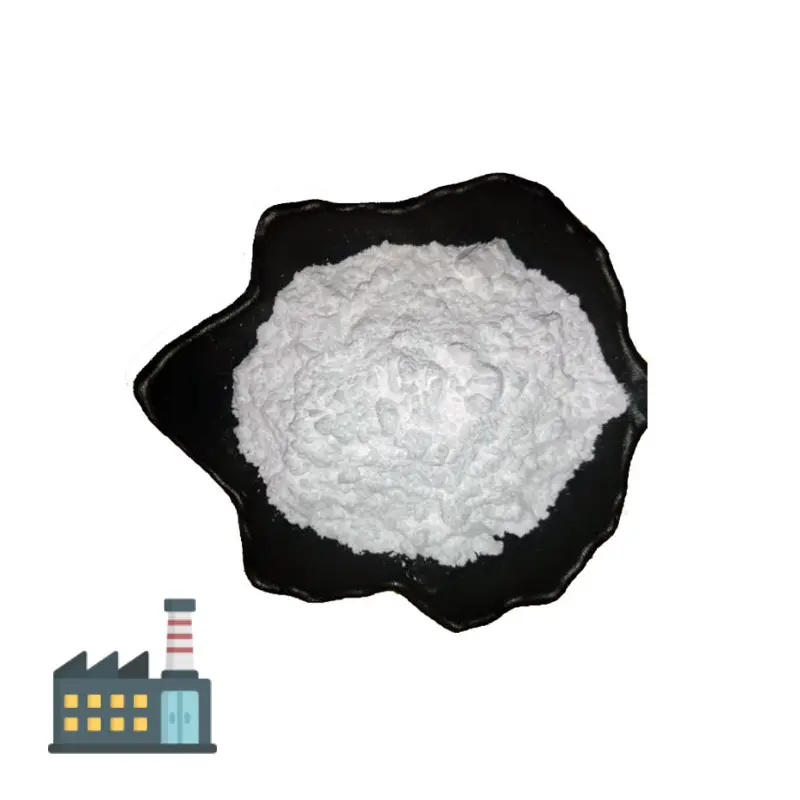
Hebei Messi Biology Co., Ltd. stated that magnesium carbonate, as a soil remediation agent, has a variety of potential applications to improve the quality of contaminated soil and reduce the harm of pollutants. Here are some of the main potentials of magnesium carbonate in soil pollution remediation:
1. Neutralizing acidic soil: Magnesium carbonate can be used to neutralize acidic soil. When soil acidity is too high, it can cause nutrient loss and inhibit plant growth. The alkaline properties of magnesium carbonate can neutralize acidic components in the soil, stabilize the pH value of the soil, improve the soil structure, and promote healthy plant growth.

2. Heavy metal pollution fixation: Heavy metal pollutants (such as lead, cadmium, mercury, nickel, etc.) in the soil will pose a threat to the environment and human health. Magnesium carbonate can immobilize these heavy metals by forming stable mineral compounds, reducing their mobility and bioavailability, thus reducing their risk of contamination of soil and water sources.
3. Improve soil nutrients: Magnesium carbonate contains magnesium, an important nutrient required for plant growth. Using magnesium carbonate can increase the magnesium content in the soil, improve the photosynthesis and growth and development of plants, and enhance soil fertility.
4. Inhibit harmful organisms in the soil: The alkaline characteristics of magnesium carbonate can inhibit the growth of some harmful organisms, such as certain fungi, bacteria or other pathogenic bacteria, which can reduce the risk of soil diseases and insect pests, thus improving the survival rate of plants.
5. Promote soil microbial activity: By adjusting the pH value and structure of the soil, magnesium carbonate can promote the activity of beneficial microorganisms. These microorganisms play a role in decomposing organic matter, fixing nitrogen, and recycling nutrients in the soil, helping to maintain the health and stability of the soil ecosystem.
6. Reduce the spread of soil pollution: Magnesium carbonate can reduce the spread of pollution by stabilizing pollutants, especially when pollutants in the soil tend to spread to groundwater or other soil areas through runoff or infiltration. By reducing the mobility of contaminants, magnesium carbonate can reduce the scope and impact of environmental pollution.
Hebei Messi Biology Co., Ltd. stated that the potential of magnesium carbonate in soil pollution remediation mainly lies in its ability to neutralize acidity, fix heavy metals, improve soil nutrients, inhibit harmful organisms, promote microbial activities, and reduce the spread of pollution. These effects help restore and maintain a healthy soil environment and reduce the harm of pollutants to the environment and human health.

